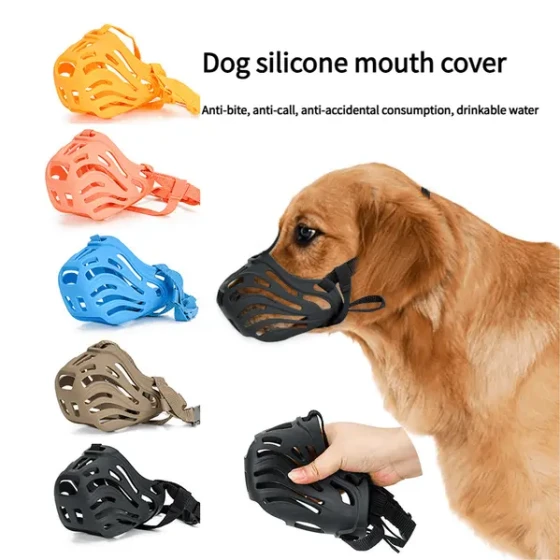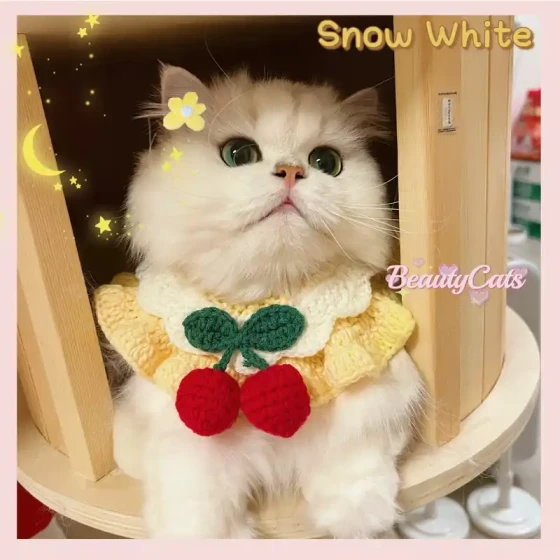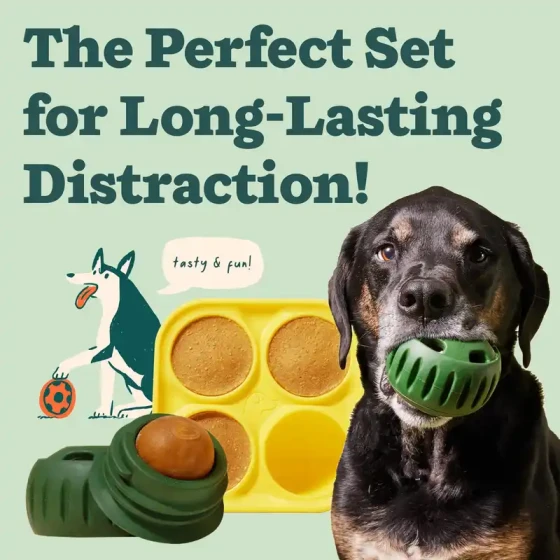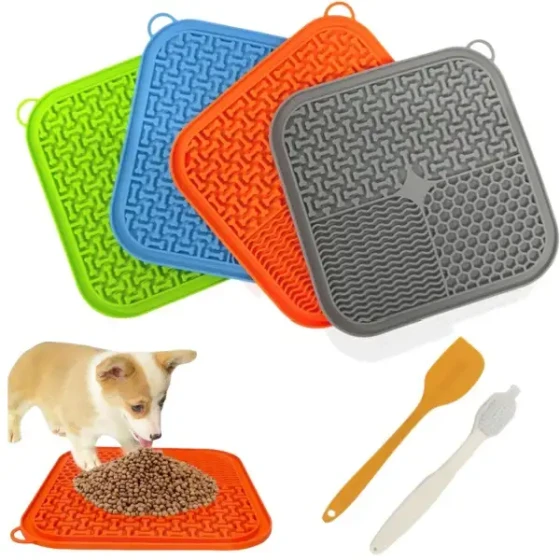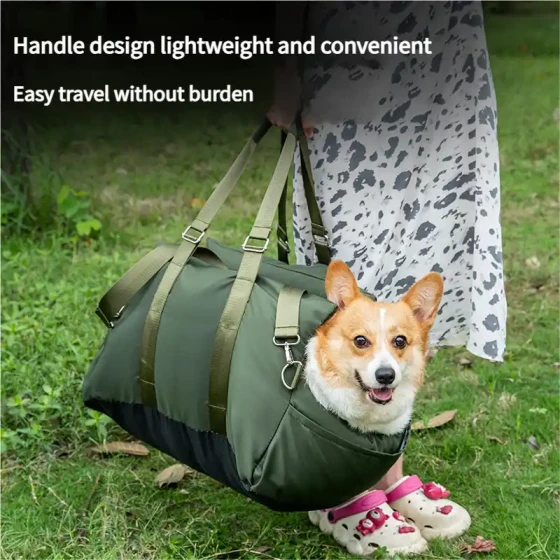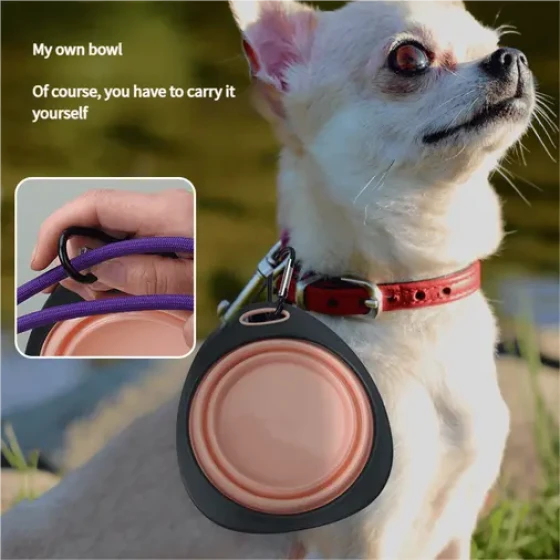The Root of Pets Being Picky Eaters Lies with the Owner
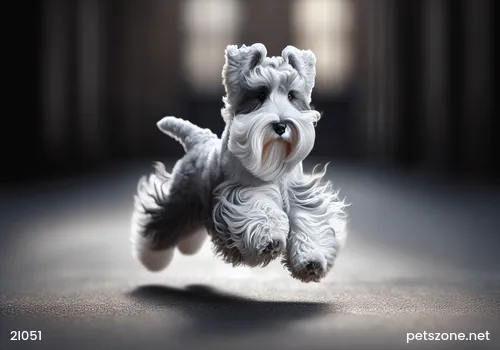
Yorkshire Terrier (detailed introduction)
Some dogs and cats like to eat one kind of food, and the owner keeps giving it to them until they have had enough, then the next day feeds the same food and they don’t even look at it. Usually, these problems are caused by the owner’s incorrect feeding habits. If you have a picky eater trouble at home, the odds are that you are the root of the problem.
Before discussing how pet picky eating problems form, it’s important to note that sometimes lack of appetite is a sign of illness: if your pet is normally not picky and you have developed good habits to avoid creating problems, it is best to see a vet at this time. Know your pet well, closely observe its eating habits and appearance; any deviation from normal habits could be a sign of illness.
1. Feeding Habits Cause Refusal to Eat
The most common misconception about pets’ poor appetite is thinking their diet needs variation like humans. Some pet owners often forget that humans need a variety of foods to digest balanced nutrients. Quality pet food is appropriately formulated with all the nutrients and delicious flavors pets need. Feeding a variety of foods frequently can make pets look forward to the next gourmet meal and “insist” on refusing the current food. If you find your pet enjoys nutritionally balanced, complete feed, do not change it arbitrarily.
Spoiling pets as family members is probably also the root of the problem. Family members often feed pets with food from the dining table, and after they “feast,” of course, they are no longer hungry. At this time, pets choose to refuse food or just eat a few bites lightly.
Some puppies love a specific pet food for several days, but the enthusiasm suddenly disappears, and they refuse or are unwilling to eat that food for several days.
This kind of refusal might be because the puppy is trying to control calorie intake. Once the puppy learns to eat to please the owner, it quickly learns this flattering trick. After serving the food, sometimes saying praises and affectionate words encourages eating/pleasing the owner. Like humans, puppies also feel bloated and uncomfortable if they eat too much. They will begin to eat little or nothing to relieve this discomfort.
Many pet owners say their puppies eat less during summer, which is a common phenomenon. Studies show that generally, for every 10-degree increase in temperature, a puppy’s calorie requirement decreases by 7.5%.
Additionally, cats’ eating habits should not be confused with refusal to eat. Kittens usually eat small amounts frequently; they nibble a few bites then walk away, returning regularly to eat again. Kittens rarely gulp down food; their small frequent meals sometimes mean they don’t like that particular food.
2. Eating Quirks
Veterinarians describe some pets as passionately fond of “eating quirks.” No matter what delicacies are fed, they still rummage through the trash. If they find a treasure, they lose all interest in their regular meals. Trash eating habits are also dangerous and may cause vomiting, diarrhea, or ingestion of contaminated toxic chemicals.
To prevent this kind of eating quirk, never let pets easily access trash cans in the house, basement, or garage. Check yard trash cans to ensure they are tightly covered. To protect your pet’s health and be a good neighbor, do not allow pets to roam into neighbors’ yards.
If health or other reasons require changing a pet’s diet, gradually make the transition over 7 to 10 days. Add a little of the old food into the new feed, then increase the new feed amount daily while reducing the old feed. This gradual change avoids digestive upset.
3. Final Reminder
Sometimes for medical reasons, it is necessary to add nutritional supplements. But healthy pets eating complete balanced feed do not need additional supplements. Feeding pets food from the dining table may cause picky eating problems.
